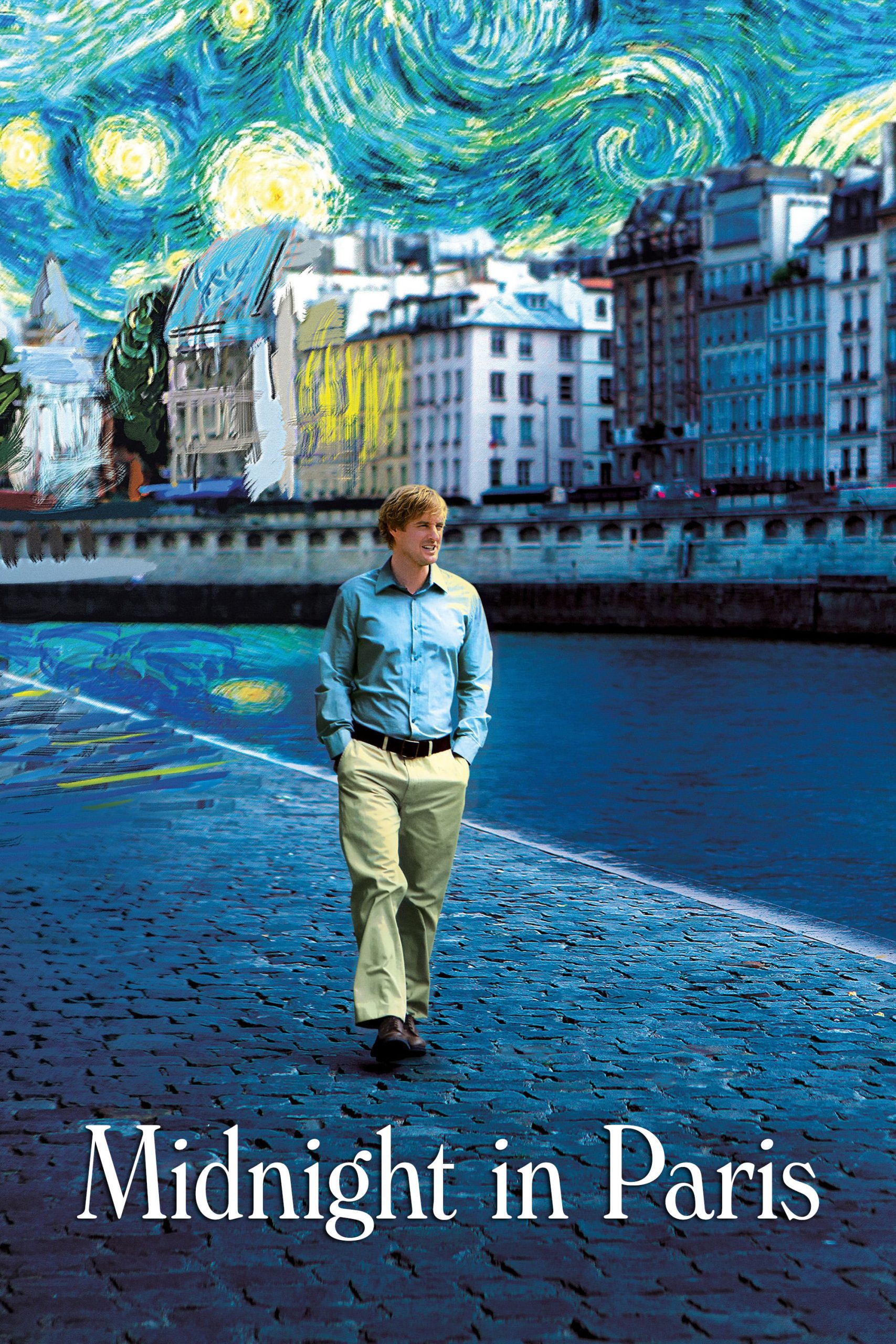
A romantic comedy about a family traveling to the French capital for business. The party includes a young engaged couple forced to confront the illusion that a life different from their own is better.
09 Feb Midnight in Paris (2011)
The Woman’s Kitchen
I am temporarily in a situation where it Is difficult to see a film. Building the conditions to watch one properly are rare, so when you can build such a space, what film do you build it around?
As with meal long deferred, most of the digestion is in the anticipation.
As it happened, choices were limited, but we were lucky because in retrospective wisdom, I would have chosen this.
Woody is all about yearning; knowing the worth of the true center and the anxious stuttering around it. The device is that he poses himself just at the extreme of where we are so as to reward both the truth of the vision and relative resolve of our quest.
As usual, the narrative is folded: a ‘Hollywood hack‘ intent on making something more genuine. We know — we watchers — that the man is emotionally rooted in Manhattan and has largely defined it for us cinematically. Sinatra can only sing about it, but he invented the antidote city: Las Vegas.
Also, we know that Woody is filming in other world cities to escape his creative constraints. Some camera and processing technology is new as well. (And because we are up on the Hollywood component of the Marshall plan, we know that Hollywood invested in making Paris (and Rome) romantically attractive.)
Storywise, we have our pilgrim encounter great artists, or at least artists, writers and filmmakers who have found an essential place in our narrative of what art is. The names alone — without any exposure to the art itself — carry weight. Cinematically, there is nothing more substantial than those personalities of the past who have penetrated our souls and established a ground. Nothing, that is, except the quest for love and how the gravity of the one gives fragrance to the other. A girlfriend who doesn’t get this has an affair with a pedant who maintains the protections against this truth — a bit too obviously: there are two obviously constructed scenes with this guy about confusing wives and deep, deep sexually-connected muses.
When entering his films, you make allowances: that there will be reduction of the noir hero to self-effacing almost paralyzed observer. This time it isn’t Woody himself, but we have to struggle a bit to get over how Owen is like and unlike the character we know Woody wrote. And as usual, the focus is on the women. Not the women themselves, but how they appear and know it. And how they use that appearance to drive energy through (alas) creative men.
(How different the world would be if Yoko, Oja, and the Alices, including the one featured here had been effective in their art. I eagerly dive into the woman-driven notion of creative energy but where are the female Woodies? Miranda July? Where are the women filmmakers who can film their lovers to effect?)
Anyway, Woody allows us to have fun encountering the names, putting bodies in front of them and amusing us with the simple lesson of their ordinariness. Fortunately for me, this filmmaker is predictable enough — and the women herein performing in such familiar ways — that the taste of the meal is a delicious before as after. I‘m ready for a film that changes my life, but not today.
Posted in 2012
Ted’s Evaluation — 3 of 3: Worth watching.


No Comments